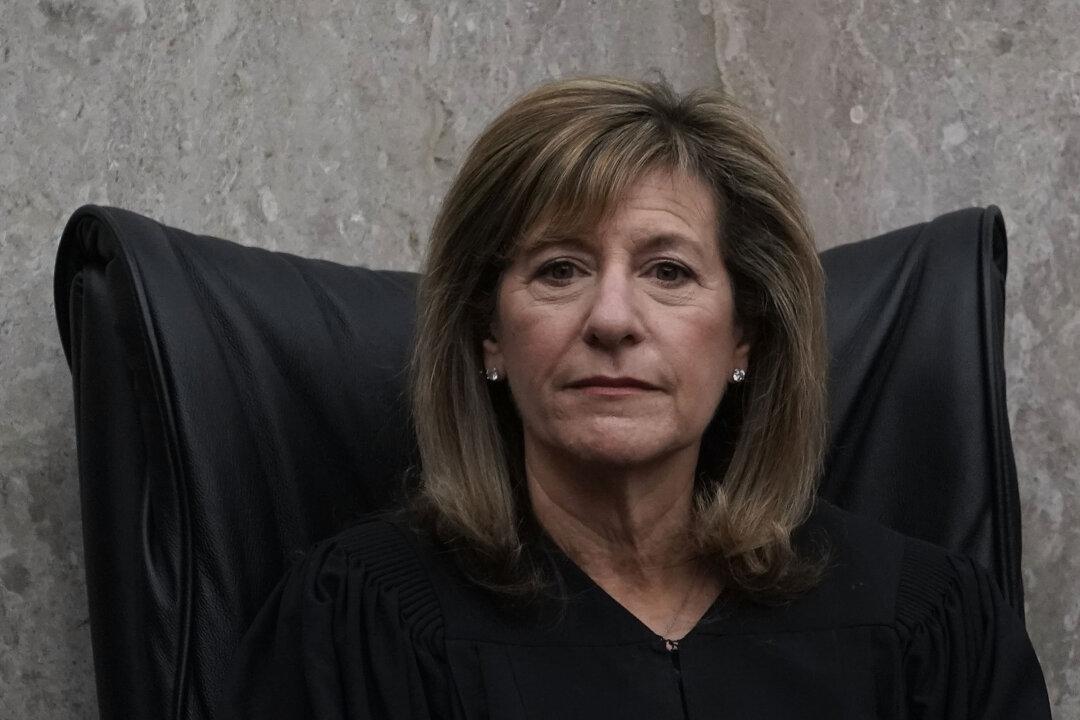The federal judge presiding over the case of former Donald Trump adviser Roger Stone argued that she’s not biased, after Stone’s team moved to disqualify her over remarks praising the “integrity” of jurors during Stone’s sentencing hearing.
Attorneys for Stone, an associate of President Donald Trump, filed a motion (pdf) on Feb. 21 asking Judge Amy Berman Jackson, an Obama appointee, to recuse herself because she praised the jurors before deciding on Stone’s request for a new trial, which rests on the issue of whether the jurors were impartial.





